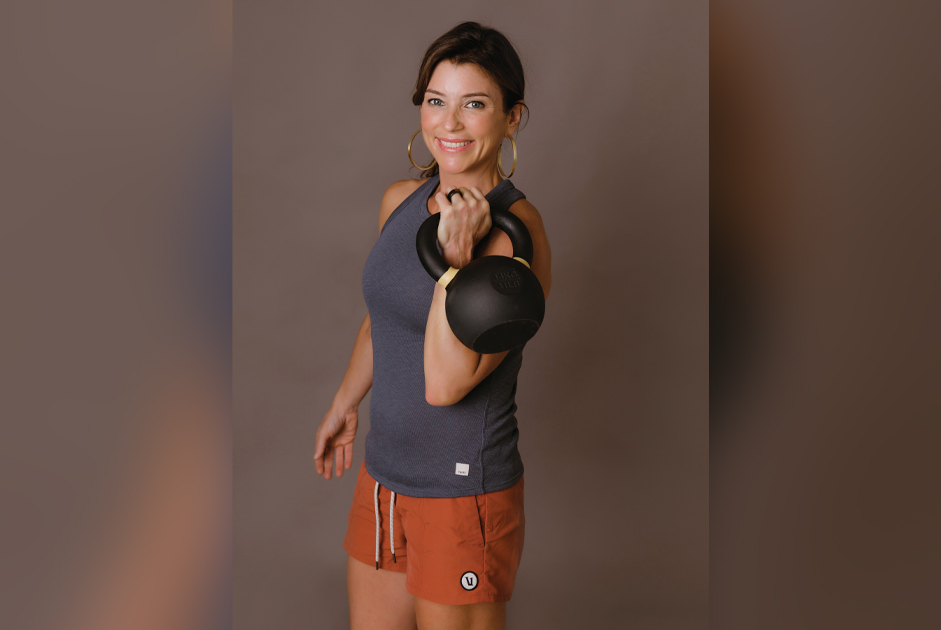In the quest for longevity and vitality, one nutrient stands out for its foundational role in our health and well-being – protein. Often overshadowed by the latest diet trends, the power of protein extends far beyond building muscles. It’s the very scaffolding of life, responsible for nearly all the cellular work in our bodies. From the strength of our muscles to the resilience of our immune system, protein is pivotal.
Muscle: The Foundation of Health
Muscle is considered the organ for longevity. Its condition is a crucial determinant of overall health, influencing how effectively our bodies burn carbohydrates and fat. This metabolic powerhouse does more than just support movement; it’s instrumental in managing blood sugar levels and cholesterol, safeguarding us against common health issues.
Yet, the significance of muscle extends beyond these physiological roles. The composition of our body – our muscle mass relative to body fat – is a critical, yet often overlooked, aspect of health. In a culture fixated on weight loss at any cost, the vital importance of muscle is lost. Crash dieting and excessive exercise lead to muscle loss, slower metabolism and an undesirable increase in body fat over time.
The Crucial Role of Protein
At the heart of muscle health is protein. This macronutrient, composed of amino acids, is essential for more than just muscle repair and growth. It’s a critical player in the structure, function and regulation of all tissues and organs. Dietary protein impacts everything from how we feel satisfied after a meal to how our bodies regulate blood sugar levels.
The roles of protein in the body are vast and varied:
- Immunity: Protein structures form antibodies that defend against viruses and bacteria.
- Enzymatic Reactions: Without proteins, crucial metabolic processes would grind to a halt.
- Hormonal Balance: Proteins are integral to the production of hormones that regulate everything from growth to blood sugar.
- Cellular Repair: Proteins repair damaged cells and construct new ones when necessary.
Achieving Balance: A New Approach to Nutrition
The typical eating pattern, characterized by a heavy dinner and minimal protein intake during earlier meals, falls short in supporting muscle protein synthesis. This imbalance not only affects our muscle health but contributes to fat storage and blood sugar issues, as well.
In contrast, a balanced approach – splitting high-quality protein intake evenly across three daily meals – ensures that amino acid levels are optimal for muscle health and metabolism. This method, recommending at least 30g of protein per meal, is not just about quantity but also about quality and timing.
Practical Tips for Incorporating More Protein
Incorporating sufficient protein into each meal might seem daunting, but it’s achievable with a few strategic choices:
- Breakfast: Consider protein shakes or eggs as convenient, high-protein starts to the day.
- Lunch and Dinner: Focus on lean meats, fish or plant-based proteins, accompanied by whole unprocessed carbs and vegetables.
- Snacks: Opt for nuts, Greek yogurt or cottage cheese for protein-rich snack options.
The Benefits of Prioritizing Protein
Prioritizing protein in your diet can optimize your health, offering benefits that extend far beyond muscle mass:
- Metabolic Efficiency: Protein consumption increases calorie burning through digestion, aiding weight management.
- Satiety and Energy: High-protein meals can prevent binging by keeping you fuller for longer, providing sustained energy.
- Physical Resilience: Adequate protein supports muscle health, reducing the risk of falls and aiding in recovery.
- Body Recomposition: Combined with strength training, a protein-focused diet can help shift body composition towards a more muscular, leaner physique.
Embracing the power of protein is not about adhering to a rigid diet but about making informed choices that support your body’s needs. By focusing on protein, you can enjoy a more vibrant lifestyle, marked by better health, more energy and improved well-being. This is not a quick fix but a sustainable path to a healthier future. For support, optimizing protein, sign up to receive updates on my next Protein-First challenge by visiting bit.ly/PFCwaitlist.
A little about me:
My name is Jane Burnette, and I’m passionate about health and wellness. As a holistic health coach with a degree from UNC Chapel Hill and numerous certifications, I specialize in lifestyle changes that empower people to achieve their health goals.
My mission is simple – guide clients to optimize their daily habits, so their bodies’ natural healing processes can kick in. Rather than focus on diets or quick fixes, I teach sustainable strategies for nutrition, exercise, stress relief and more.
IG @coachjanebb FB @coachjanebb



















